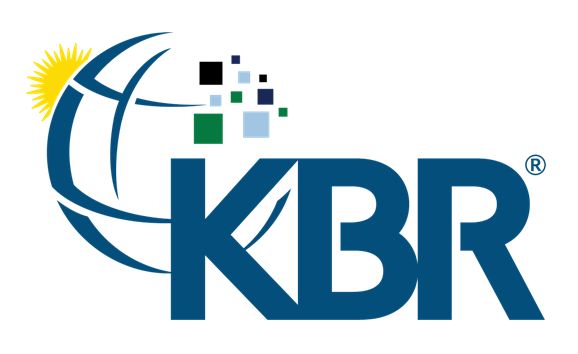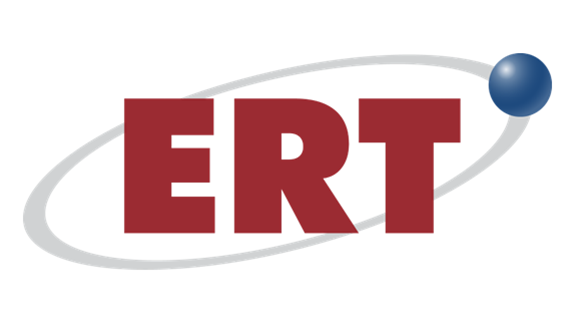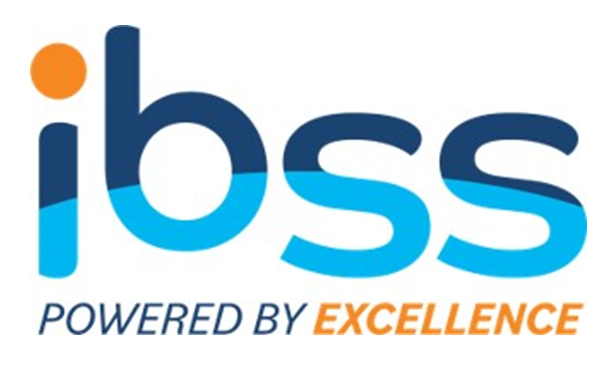Green Meetings Initiative
AMS is building on sustainable practices from previous events with new guidelines that govern how we conduct our meetings and scientific conferences, and what partners and venues we choose to work with.
What We're Doing -- and What You Can Do
Over the last year, AMS has worked with a sustainability event management agency, MeetGreen, to update our internal and external green meeting guidelines. Many of the initiatives below are new at this year’s 104th Annual Meeting but will become standard for all AMS meetings. That includes providing eco-friendly options for you to improve your green footprint as a meeting attendee—we strongly encourage you to participate in these initiatives.
AMS is:
- Increasing our vegetarian/pescetarian/vegan menu options.
- If a 500-person event served one vegetarian meal instead of beef, the emission savings would have been upwards of 11,140 kg CO2e. That's the equivalent of driving a car around the Earth twice!
- Working with venues to prioritize locally grown/sourced, plant-based meals with a low carbon footprint.
- Collecting RSVPs for food events to provide the right amount of food and reduce waste.
- No longer using aisle carpet in exhibit halls to reduce usage of single-use items.
- Donating all furniture, decor, and giveaway items after an event.
- Utilizing digital signage when possible.
- Requesting AMS waste and donation data from all AMS meeting venues.
- Trash, recycling, composting, etc.
- Offsetting all staff travel by purchasing carbon offsets
- Green Meetings in Action: We offset over 45,000 kg CO2e from all 2023 staff travel by purchasing offsets from Colorado Pika Project and Bonneville Environmental Foundation.
- Encouraging staff and attendees to use public transportation around Baltimore.
- Offering badge holder and lanyard recycling via boxes in the registration area.
- Green Meetings in Action: We recycled over 17 pounds of badge holders, lanyards and masks from the 103rd Annual Meeting.
- Encouraging attendees to offset meeting travel by purchasing carbon offsets.
- Offset your travel by purchasing carbon offsets here.
- Minimizing printed materials.
- If you need a meeting program, please request one during registration. Otherwise, please use our online program and meeting app [coming soon] to plan your day and see what’s next!
- Printing on materials that are reusable, recyclable, eco-conscious, etc.
- Continuing to offer a virtual attendance option for all meetings.
- Green Meetings in Action: Our 1000+ 103rd Annual Meeting virtual attendees averted an estimated 683,375 kg CO2e in travel-related emissions.
- Using compostable or reusable tableware for meal events.
- Conducting a site visit to explore sustainability in practice at each meeting venue.
Sustainability and Baltimore
In 2015, as part of a program called the USA Sustainable Cities Initiative (USA-SCI), Baltimore was selected as one of three US cities to pilot implementation of 17 new United Nations (UN) Sustainable Development Goals (SDGs)1. The Baltimore Office of Sustainability utilized the 17 SDGS to craft its sustainability plan to not only improve the city but encourage community involvement. The 2019 Sustainability Plan integrates the principles of environmental integrity, social equity, and economic prosperity into plans, practices, policies, and partnerships2. These Principles are at the forefront of Baltimore’s sustainability efforts and can be seen in the five pillars of their 2019 Sustainability Plan framework:
-
Community - In order to strengthen our bonds with neighbors and our community, we must reclaim our connections and move toward a belief in our common humanity. When we do so in an inclusive and equitable way, we can be unstoppable and build something that endures.
-
Human-Made Systems - Resident input and collaboration is most meaningful and sustainable when communities have working understanding of how the land use, zoning, and urban planning systems impact neighborhood quality of life
-
Climate & Resilience - Natural hazards cause property and economic damage, and threaten Baltimore’s city-wide utilities, transportation systems, and sewage treatment plants; they also endanger public safety
-
Nature in the City - Raising awareness about the important role of nature, and fostering the connection between people and nature, requires us to value ourselves and one another
-
Economy - A local economy is a catalyst for attracting new residents and retaining longtime residents, for fostering job creation and entrepreneurship, and for stimulating new investment
Projects- The Baltimore Office of Sustainability has developed a number of projects that aim to engage and educate the community about sustainability, biodiversity, and recycling.
Venue Goals
The Baltimore Convention Center (BCC), located in Downtown Baltimore, is committed to building and implementing an innovative environmental management system that sustains the needs of their daily operations and also serves to educate and benefit their staff, industry partners and clientele on the importance of carbon footprint reduction3. The BCC has grouped their efforts into three main areas: Energy Efficiency, Waste Reduction, & Environmental Design.
Energy Efficiency
The importance of energy efficiency is paramount for the BCC’s ability to stay competitive in the industry by satisfying the client’s requirement to produce greener meetings3
- Upgraded 250W metal halide bulbs to 150W induction lights
- Automatic Room Sensors (light sensors and activity sensors in all meeting rooms)
- Low flow, motion sensored faucets and toilets in public restrooms (reducing the amount of water needed
- Onsite Veolia Chilled Water Plant
- Reduces greenhouse gas emissions, reduce refrigerate, electricity costs and increases equipment efficiencies
Waste Reduction
The BCC tackles waste reduction through a variety of avenues.
- Diversion by Donation: By partnering with the local community, the BCC has been able to reduce the number of items going to the landfill through the use of their diversion program.
- Items such as furniture, pallets, signage, carpet, bags, pens, decorations, etc. are distributed to the local community
- In 2022, 31 tons of material were repurposed
- Diversion methods include single stream, scrap metal, pallet, and cardboard recycling; composting; pig farm donations
- Annual goal: 35% Diversion Rate
- Some of BCC’s partners include the Midtown Community Benefits District, Helping Up Mission, Baltimore Tree Trust, Feeding America, Second Chance, New Life Food Pantry, and the Baltimore Community ToolBank
- Items such as furniture, pallets, signage, carpet, bags, pens, decorations, etc. are distributed to the local community
- Food Waste
- Composting: 90% of tableware (ie. plates, cups, forks, etc.) is fully compostable
- Donation: meals are donated to non-profits such as Maryland Food Banks, Helping Up Mission and MealConnect App
- Food scraps go to Carriage Farms, a local pig farm
- Source locally: 60% of all ingredients come from local suppliers
- Grow Towers: 32 different kinds of produce grown simultaneously on-site
Environmental Design
The Baltimore Convention Center’s design plays an integral role in contributing to the Center’s sustainability initiatives.
- 27,000 sqft green roof: A unique outdoor space designed with sustainable principles in mind
- Beehives
- The Baltimore Convention Center has teamed up with Urban Beekeeping Company, Alveole to install two beehives on the Center’s roof. Both beehives further the Center's mission of creating a more sustainable environment and bring many benefits including:
- Education highlighting the importance of this species and all pollinators
- More pollinators growing the city’s ecosystem
- Honey for catered meals
- A repurpose of our unused space
- The Baltimore Convention Center has teamed up with Urban Beekeeping Company, Alveole to install two beehives on the Center’s roof. Both beehives further the Center's mission of creating a more sustainable environment and bring many benefits including:
- Water bottle refill stations throughout the center
Certifications and Continuing Educations
- The BCC has achieved 3rd party certification of the ASTM/APEX Standards, as a Meeting Venue
- 2019 Maryland Green Registry Leadership Award
- Member of Events Industry Council (EIC) Sustainable Event Standard Planning Committee
- Member of Inaugural International Association of Venue Managers (IAVM) Sustainability Committee
Hotel Goals
Please view the below resources to discover how the AMS 104th Annual Meeting Accommodations are going green and practicing sustainability:
- Sheraton Inner Harbor
- Marriott Inner Harbor at Camden Yards
- Renaissance Baltimore Harborplace
- Hilton Baltimore
- Hyatt Regency Baltimore


